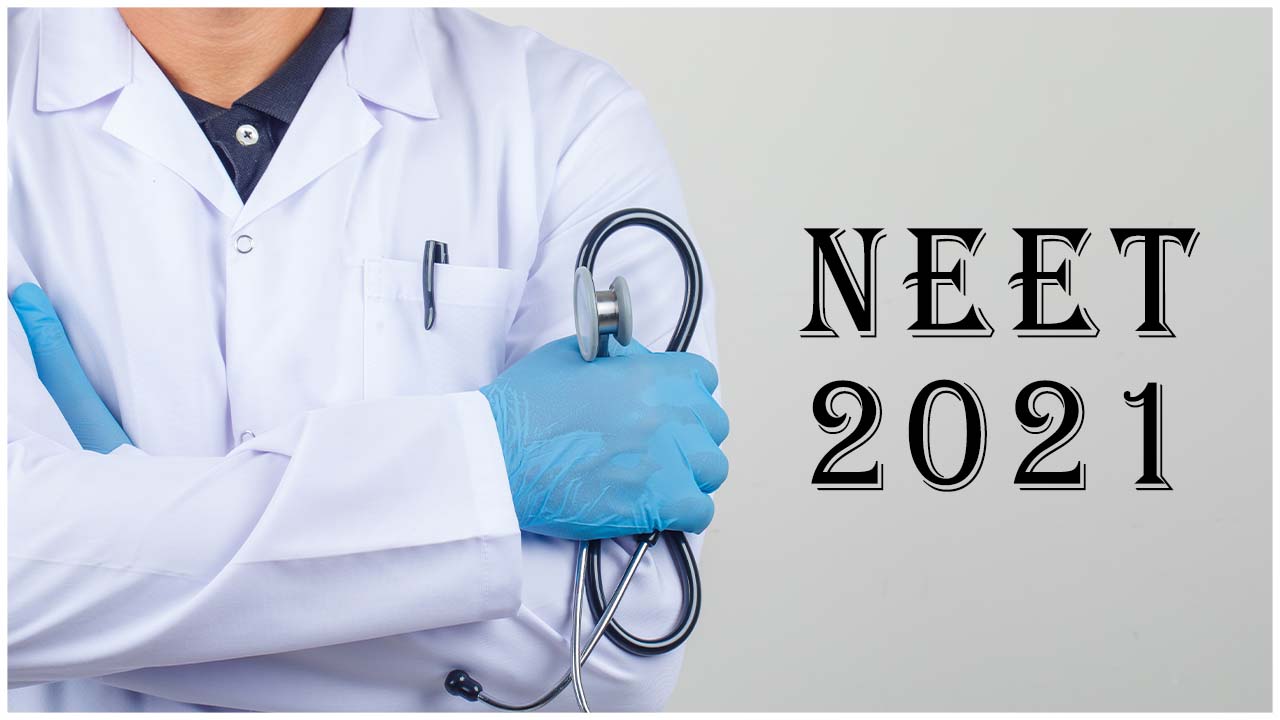In a pioneering revelation, the Department of Neurology at King George’s Medical University has conducted a systematic review and meta-analyses, uncovering a surprising facet of leprosy, its ability to affect the brain and spinal cord. Previously, it was widely believed that leprosy primarily targeted peripheral nerves, steering clear of the central nervous system.
Professor RK Garg, the Head of Neurology at KGMU, expressed, "Our study challenges the conventional belief. The mycobacterium leprae, responsible for leprosy, can indeed impact the brain and spinal cord."
This systematic review explored the involvement of the central nervous system (CNS) in leprosy, scrutinizing various cohort studies, individual cases, and case series. Examining 34 records, including 18 cohort studies and 16 reports detailing 27 isolated cases, the research shed light on a previously overlooked aspect of leprosy.
Explaining the transmission, Prof. Garg stated, "The bacteria enter the human body through the respiratory passage, causing leprosy in an otherwise healthy individual."The research paper titled 'The Spectrum of Central Nervous System Manifestations in Leprosy: A Systematic Review of Published Case Reports and Case Series' was published in the esteemed journal (The Royal Society of Tropical Medicine and Hygiene) in September.
Autopsies conducted during the study revealed macroscopic changes in the spinal cord, with Mycobacterium leprae detected in neurons of the medulla oblongata, the link between the brainstem and the spinal cord. Prof. Garg highlighted, "In 78% of cases, abnormalities in the spinal cord/brachial plexus were detected."
To draw their conclusions, the researchers evaluated studies encompassing autopsy and biopsy findings, cerebrospinal fluid changes, EEG-evoked potentials, and neuroimaging.
In terms of treatment, leprosy currently undergoes multidrug therapy (MDT). While Prof. Garg clarified that this discovery might not prompt an immediate change in treatment protocols, he emphasized the importance for doctors to exercise caution, acknowledging that the brain and spinal cord may be susceptible to leprosy, as now conclusively proven.
Leprosy, an ancient malady documented in the annals of ancient civilizations, stands as a longstanding infectious disease with its roots in the bacteria Mycobacterium leprae. This age-old affliction traditionally manifests its primary impact on various bodily fronts, notably affecting the skin, peripheral nerves, mucosa of the upper respiratory tract, and the eyes.
Traditionally, leprosy has been recognized for its influence on the skin's integrity, creating visible symptoms that have been noted and described across centuries. Additionally, the impact extends to the peripheral nerves, causing sensory and motor impairments that have long been associated with the disease. The involvement of the mucosa of the upper respiratory tract adds another layer to the complexity of leprosy. This component of the disease underlines its ability to affect not only external surfaces but also internal passages, highlighting the comprehensive nature of its reach within the human body. Moreover, the eyes, vital sensory organs, are not spared from the influence of leprosy. The disease can lead to various ocular complications, further emphasizing its ability to permeate different physiological systems.
However, the recent revelation emerging from the Department of Neurology at King George’s Medical University introduces a paradigm shift in our understanding of leprosy. While its classical impacts on the skin, nerves, mucosa, and eyes remain integral, the newfound insight into its ability to affect the brain and spinal cord adds a previously undisclosed dimension to this ancient affliction.
This discovery challenges the conventional narrative surrounding leprosy, urging a reevaluation of the disease's intricacies. It prompts further exploration into the mechanisms through which Mycobacterium leprae interacts with and influences the central nervous system, broadening the scope of research and potentially paving the way for enhanced diagnostic and treatment approaches.
In essence, while leprosy's historical footprint is marked by its impact on visible surfaces and neural pathways, the recent revelation enriches our comprehension of this age-old malady. It encourages a holistic perspective that considers the intricate interplay between Mycobacterium leprae and the central nervous system, reshaping the dialogue surrounding leprosy in the context of both ancient and contemporary medical understanding

 This discovery challenges the conventional narrative surrounding leprosy, urging a reevaluation of the disease's intricacies. It prompts further exploration into the mechanisms through which Mycobacterium leprae interacts with and influences the central nervous system.
This discovery challenges the conventional narrative surrounding leprosy, urging a reevaluation of the disease's intricacies. It prompts further exploration into the mechanisms through which Mycobacterium leprae interacts with and influences the central nervous system.






.jpg)










.jpeg)

.jpeg)










.jpg)




.jpg)

